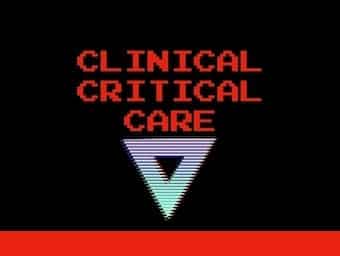Franz Gall
Biography Key Medical Contributions Whilst practising as a physician in Vienna, Gall developed the ideas that led to his ‘doctrine of localization’ as a combination of psychology and functional anatomy. Gall was a gifted anatomist, however his functional anatomy was…







